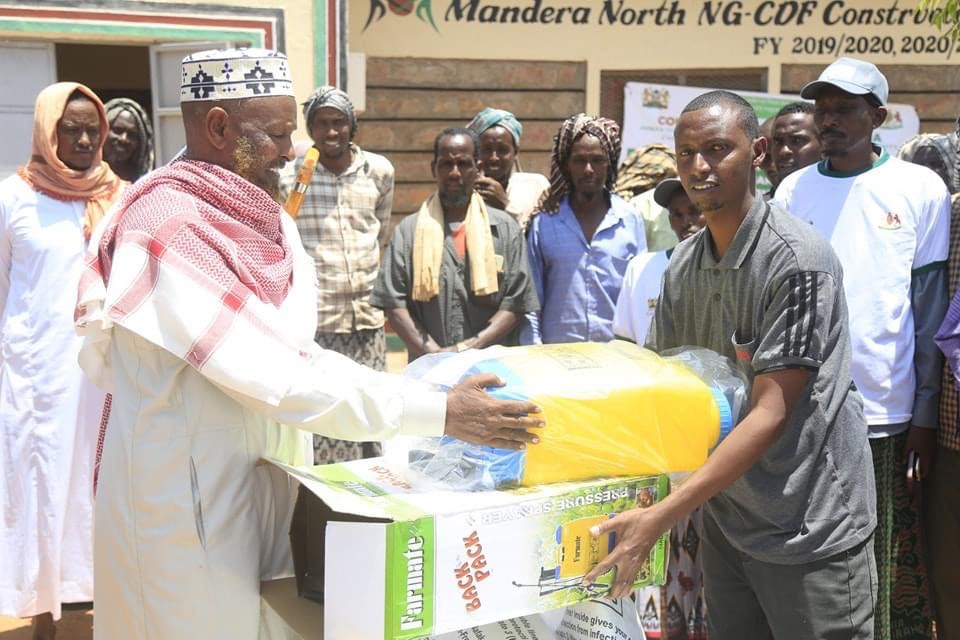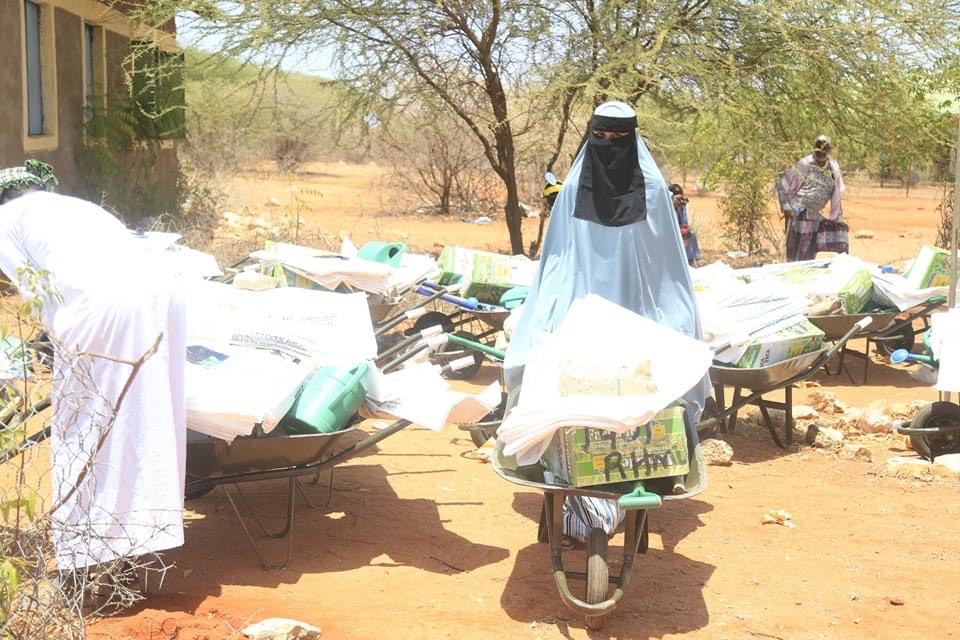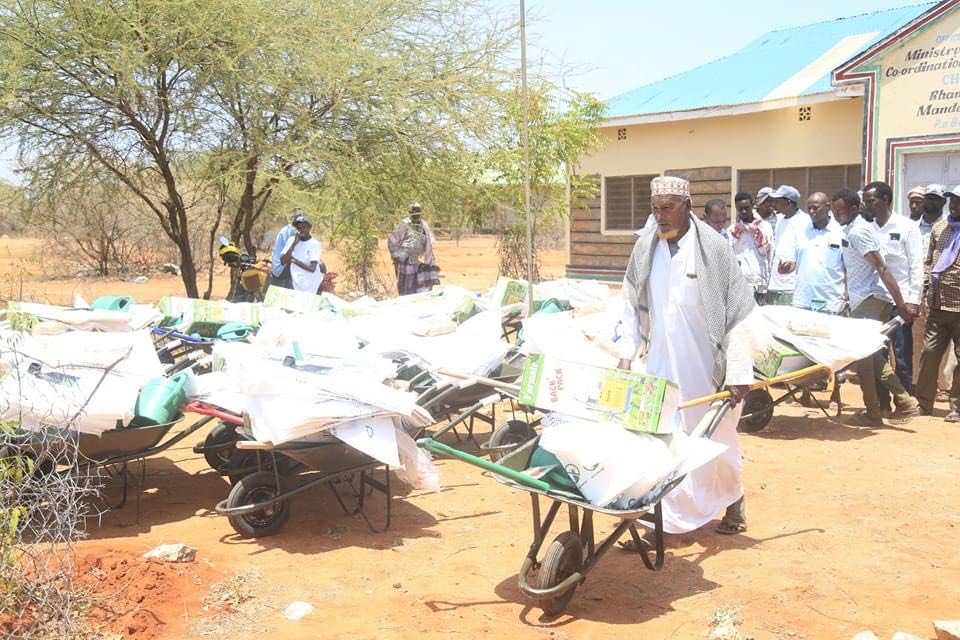Farmers urged to protect River Daua ecosystem, curb poor farming practices

Farmers along the banks of the River Daua are being urged to take steps to protect the riverine ecosystem in a bid to mitigate flood-related losses.
More To Read
- Garissa town residents call for urgent drainage fix as floodwaters swamp businesses, homes
- Met Department forecasts wet, sunny conditions across Kenya in next five days
- MPs link deforestation to deadly landslides, call for stronger disaster preparedness plans
- Officials warn of child safety risks near Ngong River in Mukuru
- Update: 15 dead after massive landslide in Elgeyo Marakwet County following heavy rains
- Rain turns deadly in Garissa, killing over 500 livestock
Sahara Adow Aden, the county chief officer for environmental protection, biodiversity conservation, and climate change management, led a multi-departmental initiative aimed at empowering farmers with sustainable agricultural practices over three days.
This initiative primarily targeted wards frequently affected by river floods, where 95 beneficiaries received essential farm inputs.
Speaking to farmers in Rhamu, Sala, and Dimtu wards, Aden highlighted that detrimental farming practices along the riverbank are to blame for significant environmental degradation.
"We must avoid poor farming practices that destroy forest cover along the river in favour of farmland," she cautioned. "The ecosystem along the river plays a vital role in controlling floods and preventing soil erosion."
She added that cultivating along the riverbank contributed to massive environmental degradation, hence resulting in floods and losses during the rainy season.
 Farmers receiving farm inputs on Sunday, September 6, 2024, at Rhamu ward in Mandera County. (Photo: Issa Hussein)
Farmers receiving farm inputs on Sunday, September 6, 2024, at Rhamu ward in Mandera County. (Photo: Issa Hussein)Farmers receiving farm inputs on Sunday, September 6, 2024, at Rhamu ward in Mandera County. (Photo: Issa Hussein)
Sahara further encouraged the farmers to plant indigenous trees and fruit trees to reduce the impact of the floods and also emphasised the importance of riverbank protection to promote environmental sustainability.
The farmers experienced a huge loss of crop destruction, farm implements, and infrastructural damage during the El Nino rains.
Beneficiaries in three wards received a range of farm tools and equipment, such as knapsack sprayers, wheelbarrows, jembes, and spades.
They also received drought-resistant seeds, including maize, tomatoes, and cowpeas, among others, to promote sustainable agriculture and community-driven environmental stewardship in the county.
A day earlier, the team consisting of the county delivery unit and efficiency monitoring unit of the office of the governor and the department of agriculture and livestock distributed 120 Kenya Top Bar Hivez and related beekeeping and harvesting equipment to 40 beneficiaries from different areas in Derkale and Banisa wards.
According to the Chief Officer, the beneficiaries affected by cycles of drought, who were identified and verified through a participatory process involving Ward Climate Change Planning Committees, local leaders, and technical officers from the Department of Livestock, will adopt beekeeping as an alternative source of livelihood.
 Farm inputs were handed over to farmers on Sunday, September 6, 2024, at Rhamu ward in Mandera County to promote sustainable food production. (Photo: Issa Hussein)
Farm inputs were handed over to farmers on Sunday, September 6, 2024, at Rhamu ward in Mandera County to promote sustainable food production. (Photo: Issa Hussein)Farm inputs handed over to farmers on Sunday, September 6, 2024, at Rhamu ward in Mandera County to promote sustainable food production. (Photo: Issa Hussein)
Top Stories Today













































